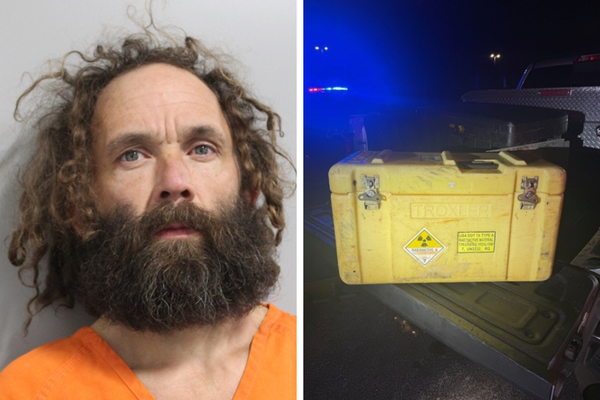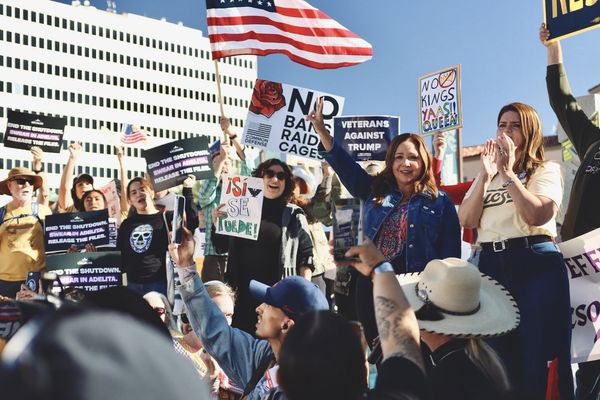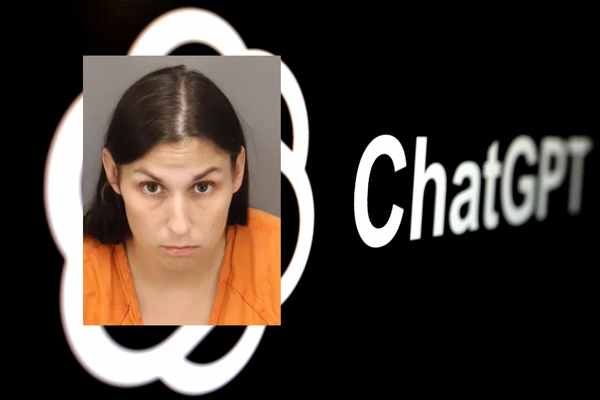
A cottage outside Floyd, Virginia, is a tranquil stage-set for Ellen Isaacs to wage one of the longest-running wars of the opioid epidemic: the battle to hold OxyContin-maker Purdue Pharma, its owners and executives, to just account.
It’s battle that Isaacs, a former mortgage fraud expert at Citigroup, has been fighting since she and her son Ryan became dependent on OxyContin, Purdue Pharma’s “non-addictive” painkiller that has played a central role in an epidemic that has cost 500,000 lives over two decades.
Isaacs is one of just two individuals holding out against a controversial bankruptcy settlement that would effectively shield Purdue’s former owners, the Sackler family, from further litigation. “I’m a truth seeker on a fact-finding mission,” she says plainly from under her cowboy hat.
But she’s also a grieving mother. Her son died of an overdose four years ago, aged 32, and she now travels with boxes of Narcan, the opioid overdose treatment that might have saved Ryan if it had been administered sooner.
“Ryan didn’t choose to live his life this way,” she wrote in a recent legal submission to a New York court, describing the devastation caused by opioid addiction as a national mental health crisis. “The Sacklers poisoned my son’s mind … and used their marketing team and physicians to administer synthetic heroin to my son.”
At the end of this month, that court – the second circuit appeals court in New York – will hear arguments over individual liability releases approved by a bankruptcy court charged with distributing Purdue Pharma’s assets. Those releases, another court found in December, weren’t authorized under the law and the plan was reversed.
But under the terms of the now-vacated deal, the Sacker family would contribute $6bn over 18 years to an opioid settlement trust. It’s a situation that angers Isaacs, and thousands of others, who feel that a measure of corporate responsibility may have been assigned, but Purdue’s decision-maker will never be held to account.

“I want my day in court,” Isaacs says in a small and direct voice. “Purdue and the Sacklers caused a genocide; they weaponized the medicine cabinets of the US.”
If the ruling that vacated the bankruptcy settlement is overturned, and the deal is reinstated in bankruptcy court, the mom turned activist-advocate plans to take her case to the supreme court. If it’s upheld, then members of the Sackler family, facing legal exposure, would probably do the same.
“I will turn the court on its head,” she warns. “This company has made billions of dollars – the blood money of our children. And I stand for everybody who has been harmed.”
Isaacs’ campaign ranges far. She has written to Britain’s Queen Elizabeth, asking for British-born Dame Theresa Sackler to be stripped of her title. “I tried to pull at the Queen’s heart-strings but I don’t know if she got the letter,” she says. “The Sacklers’ property and prestige has taken them to where they are and it needs to stop.”
The legal blizzard that trails the opioid epidemic, switching from federal to state, civil to criminal (lawyers have billed close to $1bn in legal fees in the Purdue case alone) has left many of the most affected families and communities again feeling marginalized. Isaacs, in the court submission, wrote that the Sacklers had “been the puppeteers running the NYSD bankruptcy court for nearly two and a half years”.
“This needs to stop and the government needs to intervene. I’m sick of hearing about Purdue’s money. The money isn’t going to make a dent in the crisis that’s going on,” Isaacs says. “The Sacklers need to be indicted. No swanky prison, no TVs, no Bernie Madoff, Martha Stewart specials. Put an ankle monitor on them and put them out in the community to help clear up the mess.”
On the issue of immunity, the Department of Justice is notionally on Isaacs’ side. In December, the attorney general, Merrick Garland, said the “bankruptcy court did not have the authority to deprive victims of the opioid crisis of their right to sue the Sackler family”.
From licensing authorities to manufacturers to distributors to doctors to pharmacies, there’s no shortage of responsibility for the crisis. Many parties have already settled out of court, often for billions of dollars.

But only Massachusetts and a few other states have passed laws specifically directing opioid settlements toward addiction prevention and treatment. “The states are going to misappropriate the funds for payroll and administrative fees, and not going to go toward abating the opioid crisis,” Isaacs fears. “They proved that with asbestos and big tobacco. All they’re doing is bickering among each other.”
Meanwhile, a flood of illicit fentanyl trafficked from Mexico and China is blamed for a majority of 105,000 overdose deaths recorded last year, a steep increase on the years that OxyContin was the main source of misery during the opioid epidemic.
Isaacs was put on OxyContin repeatedly after a surgeries in the late 90s. Her son Ryan had a similar experience. Living in Florida, they found themselves at the center of the pill-mill distribution era of the early 2000s.
For years, he did the “Florida Shuffle” – a term used to describe opportunistic schemes by unscrupulous treatments centers in Palm Beach county to continuously bill insurance companies for clients’ cycles of detox, discharge, relapse and re-admission.
At the center of each story is addiction. Isaacs herself spent four months in a rehab in 2001. It wasn’t her first or last detox. She ended up managing it herself, at home, from 120mg of OxyContin prescribed by her doctor. “I knew that crazy things were going on because the doctors kept putting me on and I kept having to get myself off.”
But her son went from OxyContin to Dilaudid to oxycodone from pill mills. When the pill mills were shut down, he switched to heroin. And back to OxyContin. And on to fentanyl. “Addiction destroys everything,” Isaacs says, noting the tangle and dysfunction of her own family. “People used to think ostracizing and isolating people, throwing them to the curb, was a solution. Let them fend for themselves. It isn’t. Love and inclusion is the answer.”
It’s a message, perhaps, that’s beginning to get through. US health authorities, including the Biden administration, have put emphasis on MAT – medically assisted treatment – which involves long-term buprenorphine treatment rather than abstinence-based regimes.

There are 20 buprenorphine prescribing doctors within a few miles of Isaac’s home. Ramshackle clinics are popping up as pill-mills once did. “They’re doling it out like they used to dole out the Oxy,” Isaacs says, “and it’s extremely abusable.”
Isaacs’ background in mortgage fraud detection, applied to her experience in navigating the opioid issue, has led her to a conclusion: radical institutional re-organization. States that signed on to the settlement, she says, were not only ignoring the will of the people but double-dipping.
“The whole system is fraudulent,” she says. “We need total justice reform – civil, bankruptcy, criminal, juvenile. But the government is up there on Capitol Hill playing games and watching all this happen. The only thing they’re capable of doing is approving national holidays.”
One solution, she suggests, is for the government to declare a national emergency, take over abandoned shopping malls to make homes, or communes of recovery that would help to get addicts off the streets, as well as make fentanyl test strips and safe injection sites readily available.
But the long battles over Purdue Pharma and the Sackler family – important in terms of establishing some measure of responsibility and liability – is a side issue compared with the scale of the problem that’s been unleashed. “The settlement is not going to cut it. What’s $6bn going to do? Nothing. The president needs to put out an executive order to get the national guard and Fema on the ground,” she says. “It needs to get out there and start saving lives.”







